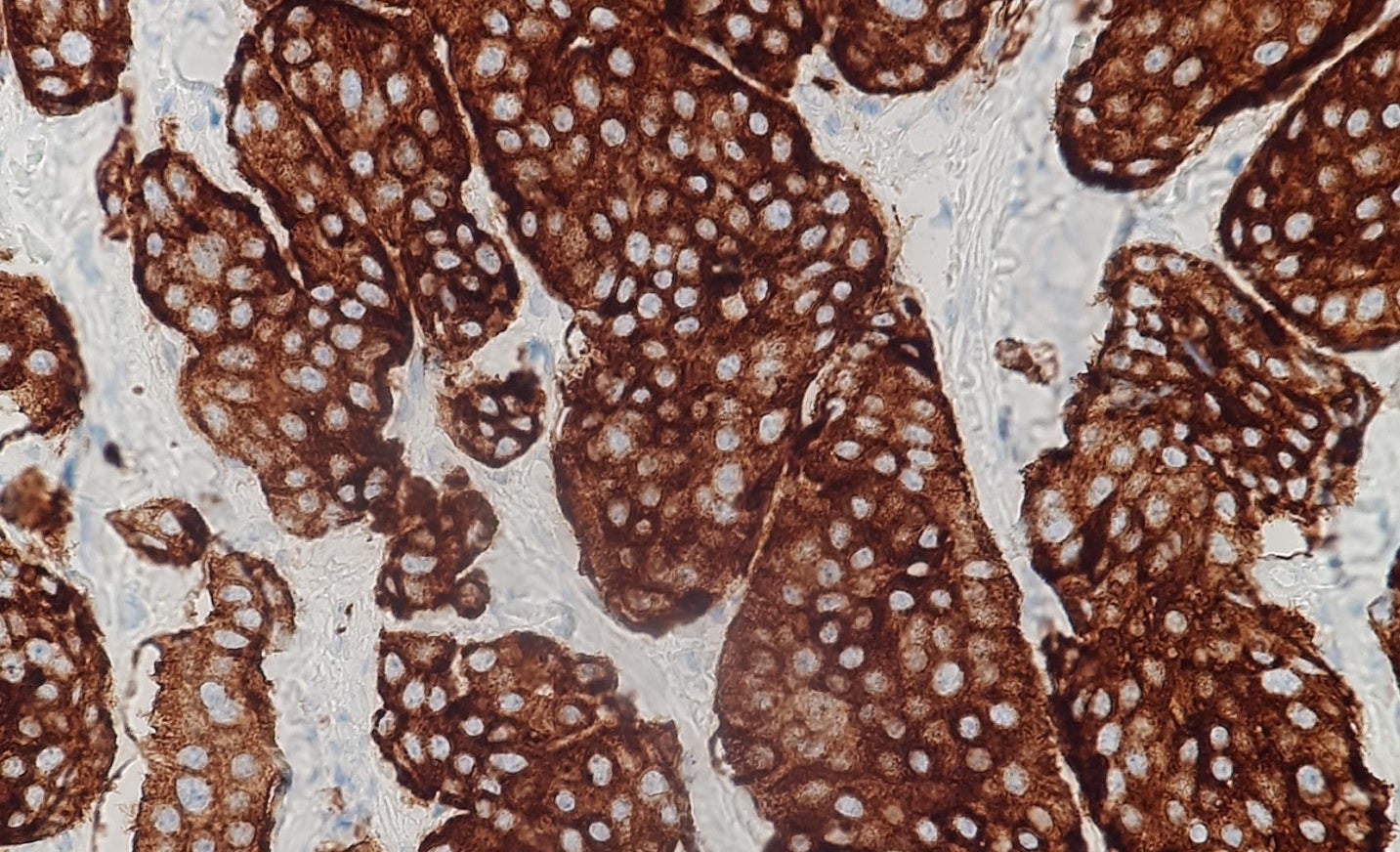
RayzeBio has completed participant enrolment in the Phase Ib portion of the Phase Ib/III ACTION-1 trial of RYZ101 (Actinium-225 DOTATATE) in SSTR+ gastroenteropancreatic neuroendocrine tumour (GEP-NETs) patients, who have progressed on Lutetium-177 labelled somatostatin analogue therapy.
The Phase 1b clinical trial has been designed to assess the tolerability, pharmacokinetics, and safety of RYZ101.

Discover B2B Marketing That Performs
Combine business intelligence and editorial excellence to reach engaged professionals across 36 leading media platforms.
This dose de-escalation trial has enrolled a total of 17 participants who received the highest recommended dose.
All these participants have crossed the required eight-week dose limiting toxicity (DLT) period, with no DLTs observed.
In the trial, participants will receive up to four RYZ101 doses at eight-week intervals.
RayzeBio chief medical officer Susan Moran said: “We are thankful to the patients that enrolled in this important study. The interest and enthusiasm is evident based on the over enrolment in Phase Ib.

US Tariffs are shifting - will you react or anticipate?
Don’t let policy changes catch you off guard. Stay proactive with real-time data and expert analysis.
By GlobalData“We look forward to reporting safety and preliminary efficacy results from the trial later this year and moving into a Phase III registrational study.
“RYZ101 is backed by a strong scientific rationale and has the potential to play a significant role in the treatment of patients with GEP-NETs.”
The company expects to release the preliminary efficacy and safety data from the trial during this year.
The targeted radiopharmaceutical therapy RYZ101 has been designed for delivering Actinium-225 (Ac225), a highly potent radioisotope, to SSTR2-expressing tumours.
It is currently being assessed in clinical trials to treat SSTR+ GEP-NETs patients, who have previously received treatment with Lu177-based somatostatin therapies as well as extensive stage small cell lung cancer patients.





